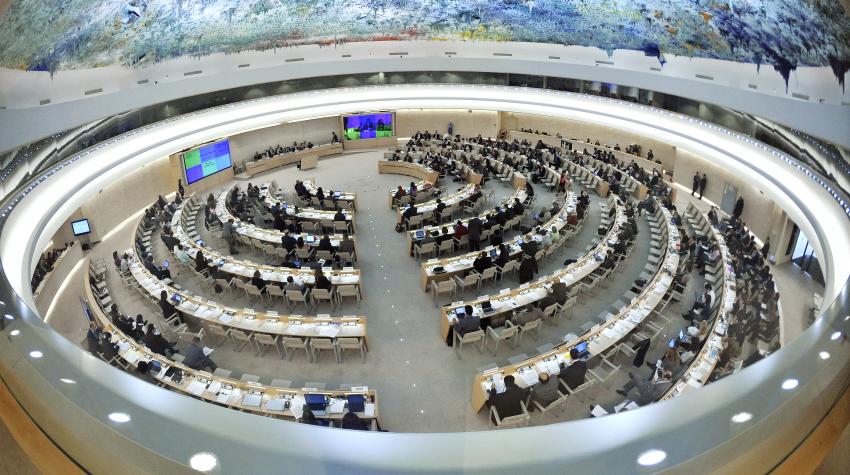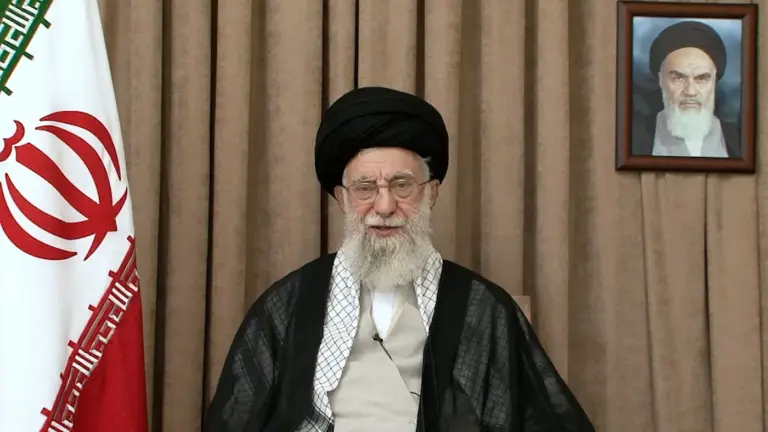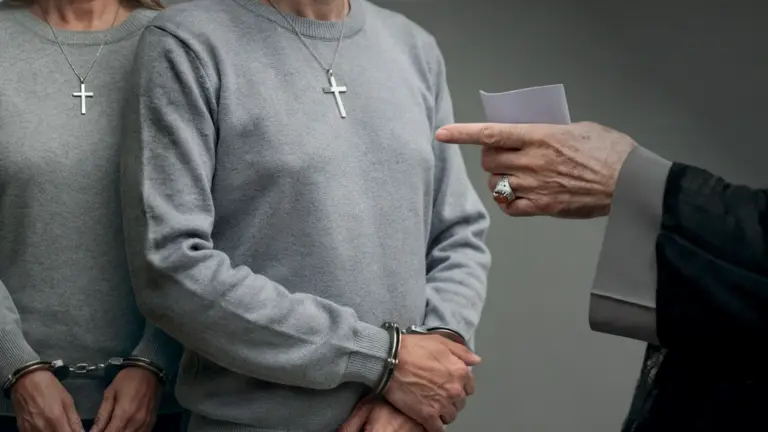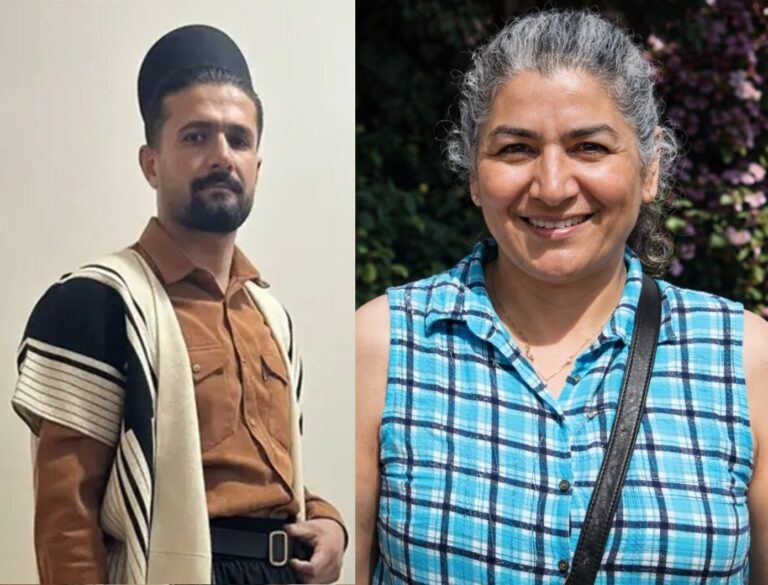
Article18 has submitted a new report to the United Nations Human Rights Committee, highlighting the “multiple layers” of religious-freedom violations faced by Christians and other religious minorities in Iran.
The report, released in collaboration with partner organisations Open Doors, CSW, Middle East Concern and The World Evangelical Alliance, lists five ways in which Iranian Christians face violations to their right to freedom of religion or belief:
- Through the prohibition of Persian-language church services and religious materials, and forced closure of those that fail to comply.
- Through the use of Articles 489, 499 and 500 of the Iranian Penal Code to prosecute Christians for their peaceful religious activities.
- Through prosecuting, and in one case executing, Iranians who leave Islam on charges of “apostasy”, and justifying it through the use of Article 220 of the Iranian Penal Code and Article 167 of the Constitution, which allow judges to rely on non-codified Islamic law.
- Through the confiscation or forced closure of church properties, including the Assyrian Presbyterian Church in Tabriz in May last year.
- Through discrimination against non-Muslims in marriage and inheritance laws, and access to employment and education.
The report includes a table of 29 court cases filed against Christians in 2018 and 2019: 18 had been temporarily released on bail at the publication of the report; five were serving five-year prison sentences; four had been released from prison after completing their sentences; and a further two were detained but not yet charged.
Since the publication of the report, on 29 May, four of those on bail have since commenced serving their own five-year prison sentences, while another, Aziz Majidzadeh, appeared in court yesterday.
The table is not exhaustive and does not include confidential cases, nor cases that began prior to 2018, including that of Yousef Nadarkhani and the three Christian converts currently serving 10-year prison sentences alongside him.
However the report highlights Yousef’s case elsewhere, as well as that of Victor Bet-Tamraz and his family. Just three days after the report’s publication, Victor, his wife Shamiram and three Christian converts involved in the same court case saw yet another scheduled appeal hearing postponed.
The report also highlights the case against eight Christian converts in Bushehr; the three prison sentences recently given to 65-year-old Anglican Church member Esmaeil Maghrebinezhad in Shiraz; and the forced closures of the Central Church of Tehran, Emmanuel Protestant Church, St Peter’s Evangelical Church and Assemblies of God Church in Jannat Abad.
The report concludes by calling on the Human Rights Committee to question the Iranian government on how its treatment of Christian converts is in line with its commitments as a signatory to the International Covenant on Civil and Political Rights (ICCPR), by asking:
- How Article 13 of the Iranian Constitution, which recognises only Zoroastrians, Jews and Christians as religious minorities is in line with the provisions of the covenant.
- For information on minority faith adherents who wish to practise their faith in the Persian language.
- For a response to reports that minority faith adherents are being tried on national security charges for the legitimate practice of their faith.
- For clarification on how apostasy charges are in line with Article 18 of the ICCPR, which provides for freedom to choose and change one’s religion.
- For reports on how many Christian converts are currently detained on charges relating to national security or apostasy.
- For an indication of whether Iran plans to amend its Civil Code to allow non-Muslims to inherit from Muslims or Muslim women to marry non-Muslims.



0 Comments
Trackbacks/Pingbacks